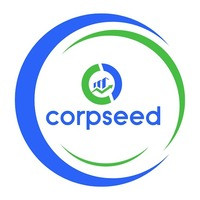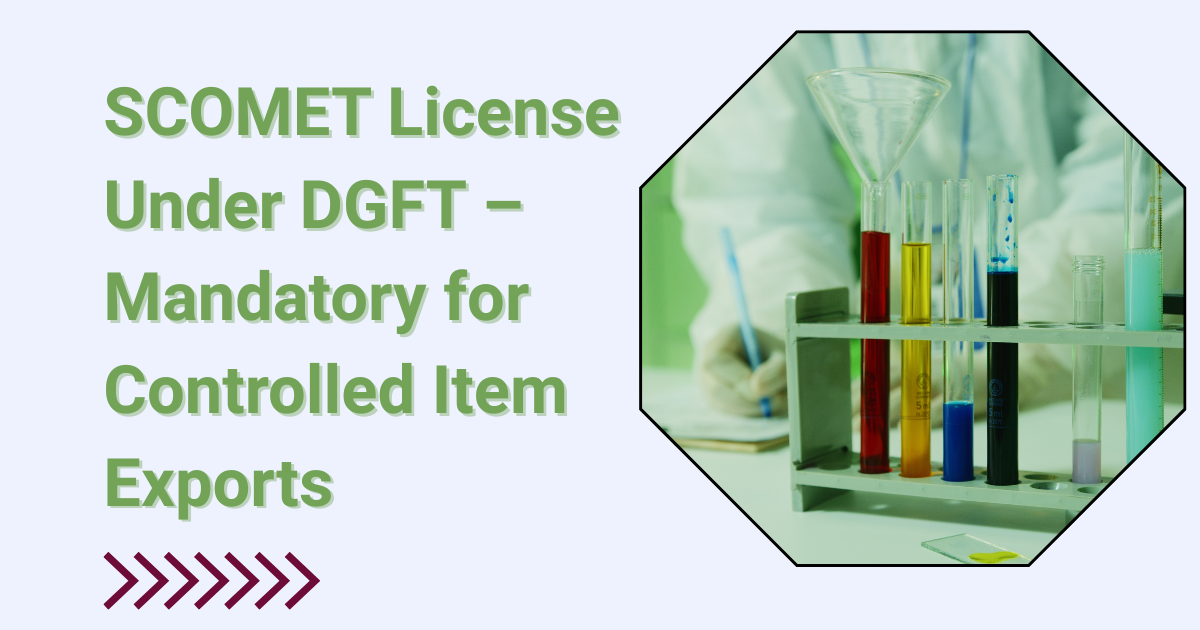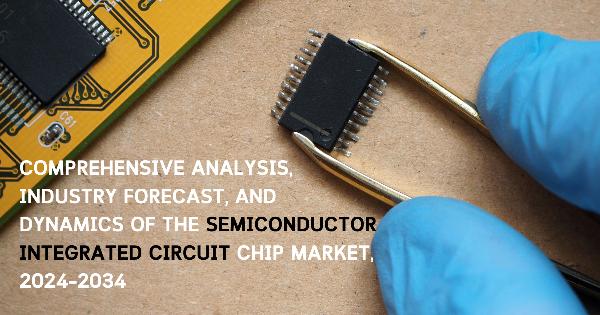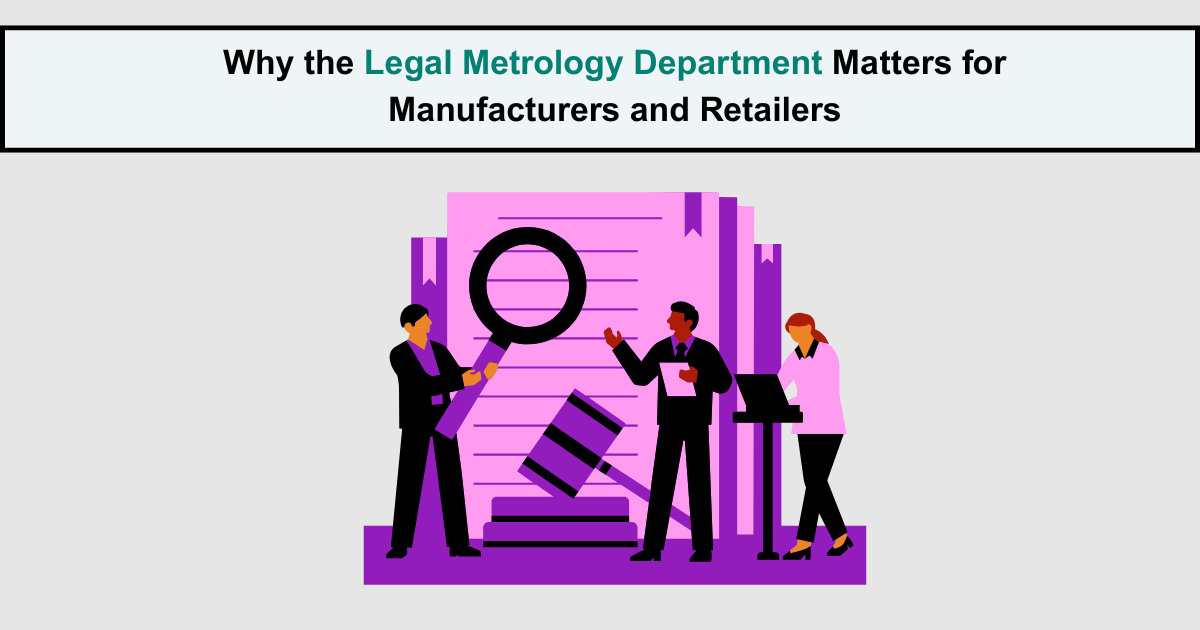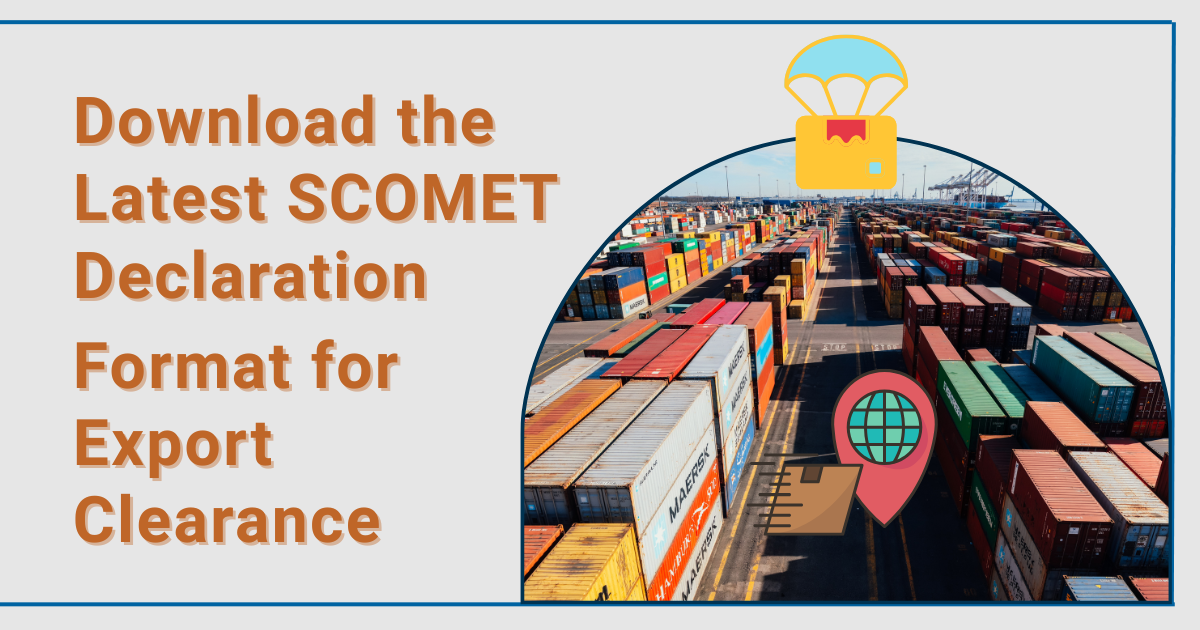How to Obtain WPC ( wireless planning coordination and certification and ETA for Drones in India
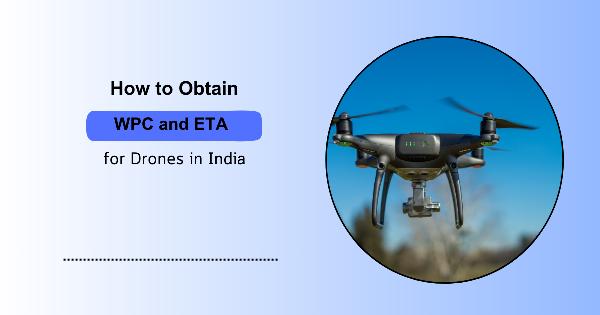
Strong 8k brings an ultra-HD IPTV experience to your living room and your pocket.
Obtaining WPC Approval and ETA for Drones in India
The drone market in India is expanding quickly and presents a wide range of interesting application opportunities. However, receiving Equipment Type Approval (ETA) and Wireless Planning and Coordination (WPC) approval is required to fly a drone commercially in India. This guarantees the responsible and safe use of drones within the allocated airspace.
Here's a comprehensive guide to navigating the WPC and ETA process for drone operations in India:
Understanding WPC and ETA:
WPC Approval: The Department of Telecommunications (DoT) radio frequency (RF) regulations are complied with by your drone if it has WPC ETA Certificate approval. It guarantees that to prevent interference with other wireless communication systems, your drone operates within specified frequency bands.
ETA Approval: The ETA, granted by WPC, certifies that your drone model meets safety and technical standards established by the Directorate General of Civil Aviation (DGCA). This approval verifies your drone's airworthiness and adherence to operational safety parameters.
Who Needs WPC and ETA?
WPC and ETA are mandatory for all commercial drone operators in India. This includes businesses offering services like:
Aerial photography and videography
Drone-based delivery
Mapping and surveying
Industrial inspections
Precision agriculture
The WPC and ETA Application Process:
Eligibility Assessment: The first step is to determine if your drone requires WPC and ETA approval. Drones weighing less than 250 grams or those used solely for recreational purposes are generally exempt. However, always double-check the latest regulations for any updates.
WPC Application: Submit an online application on the WPC portal (https://dot.gov.in/spectrum) with the following documents:
Company registration documents
Drone model specifications including frequency range and power output
User manual and technical leaflets
Test reports from an accredited laboratory (if applicable)
RF Testing: WPC may require RF testing of your drone model by a laboratory accredited by the National Accreditation Board for Testing and Calibration Laboratories (NABL).
ETA Application: Once you receive WPC approval, apply for the ETA through the DGCA's digital platform, https://digitalsky.dgca.gov.in/. Documents required typically include:
WPC approval certificate
Drone user manual and maintenance instructions
Flight performance data and safety features documentation
Inspections and Approvals: The DGCA might conduct inspections of your drone and operational procedures. Upon successful completion of the process, you'll receive the ETA certificate.
Requirements for a WPC License
While there isn't a traditional "WPC License" in India, obtaining approvals from both the Wireless Planning and Coordination (WPC) wing and Equipment Type Approval (ETA) are mandatory for operating drones commercially in India. Here's a breakdown of the key requirements for each:
WPC Approval:
Eligibility: Generally required for all commercial drone operations except for recreational or sub-250-gram drones. Double-check the latest regulations for any exemptions.
Application: Submit an online application through the WPC portal (https://dot.gov.in/spectrum) with the following documents:
Company Registration Documents: Proof of your business existence.
Drone Model Specifications: Technical details like frequency range, power output, and dimensions of your drone model.
User Manual and Technical Leaflets: Documents outlining safe operation and technical specifications of your drone.
Test Reports (if applicable): In some cases, WPC might require radio frequency (RF) testing reports from a National Accreditation Board for Testing and Calibration Laboratories (NABL) accredited laboratory.
Important Considerations:
Timeframe: Depending on how well your application is completed and whether any testing is necessary, receiving both WPC and ETA approvals may take several weeks or even months.
Fees: Applications for ETA and WPC both have extra costs. Depending on the drone model and weight category, these fees change.
Staying Updated: Policies and procedures may alter from time to time. Visit the websites of DGCA (https://digitalsky.dgca.gov.in/) and WPC (https://dot.gov.in/spectrum) frequently to stay informed.
Final Words:
These procedures will help you get WPC and ETA approvals for your drones in India as long as you follow the rules. Recall that responsible drone growth in the nation depends on you operating your drone safely and lawfully. To ensure a smooth process, think about enlisting the help of companies that specialise in drone regulations. You can advance your drone operations and support innovation and expansion in the Indian drone ecosystem by obtaining a valid WPC and ETA.
Note: IndiBlogHub features both user-submitted and editorial content. We do not verify third-party contributions. Read our Disclaimer and Privacy Policyfor details.

